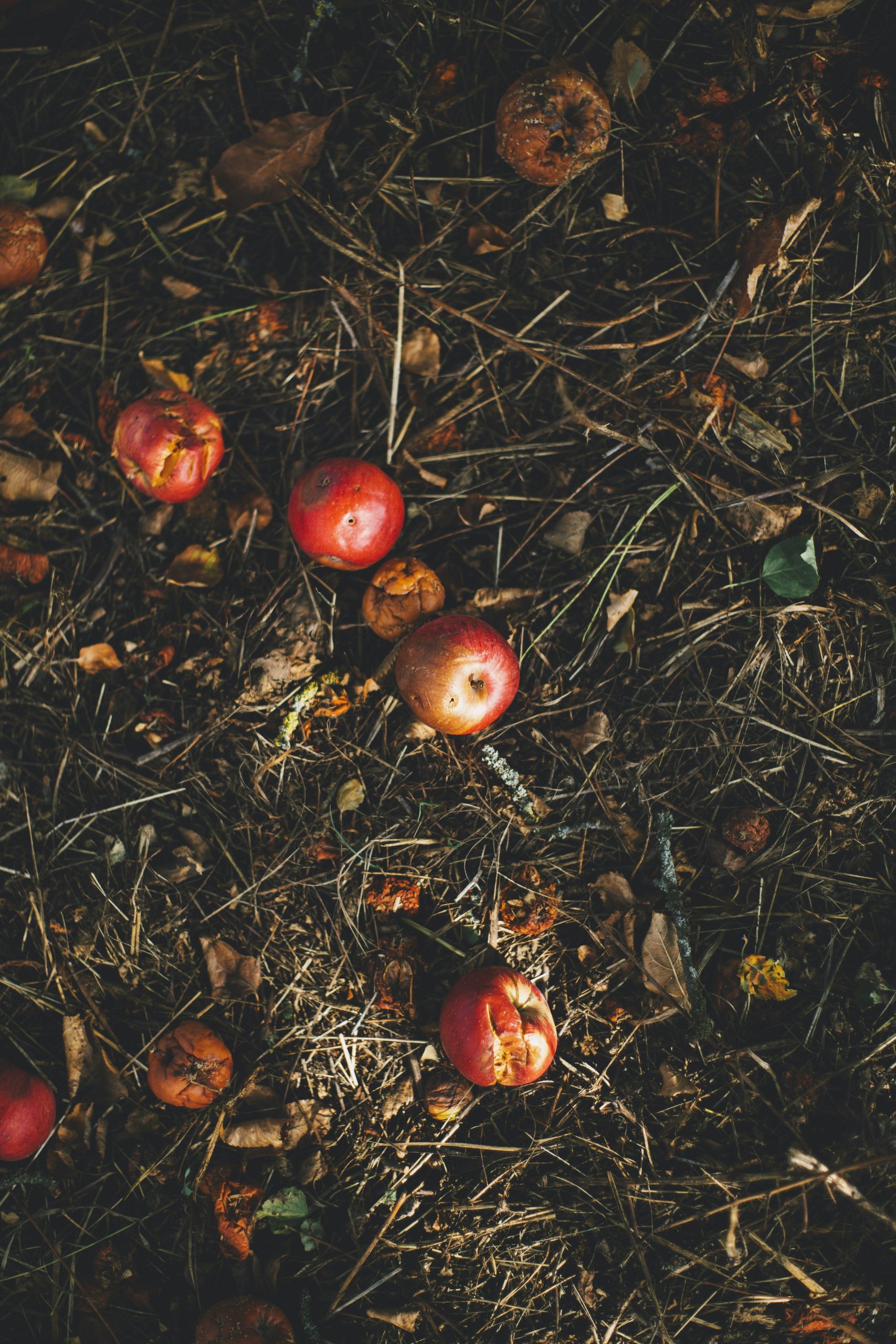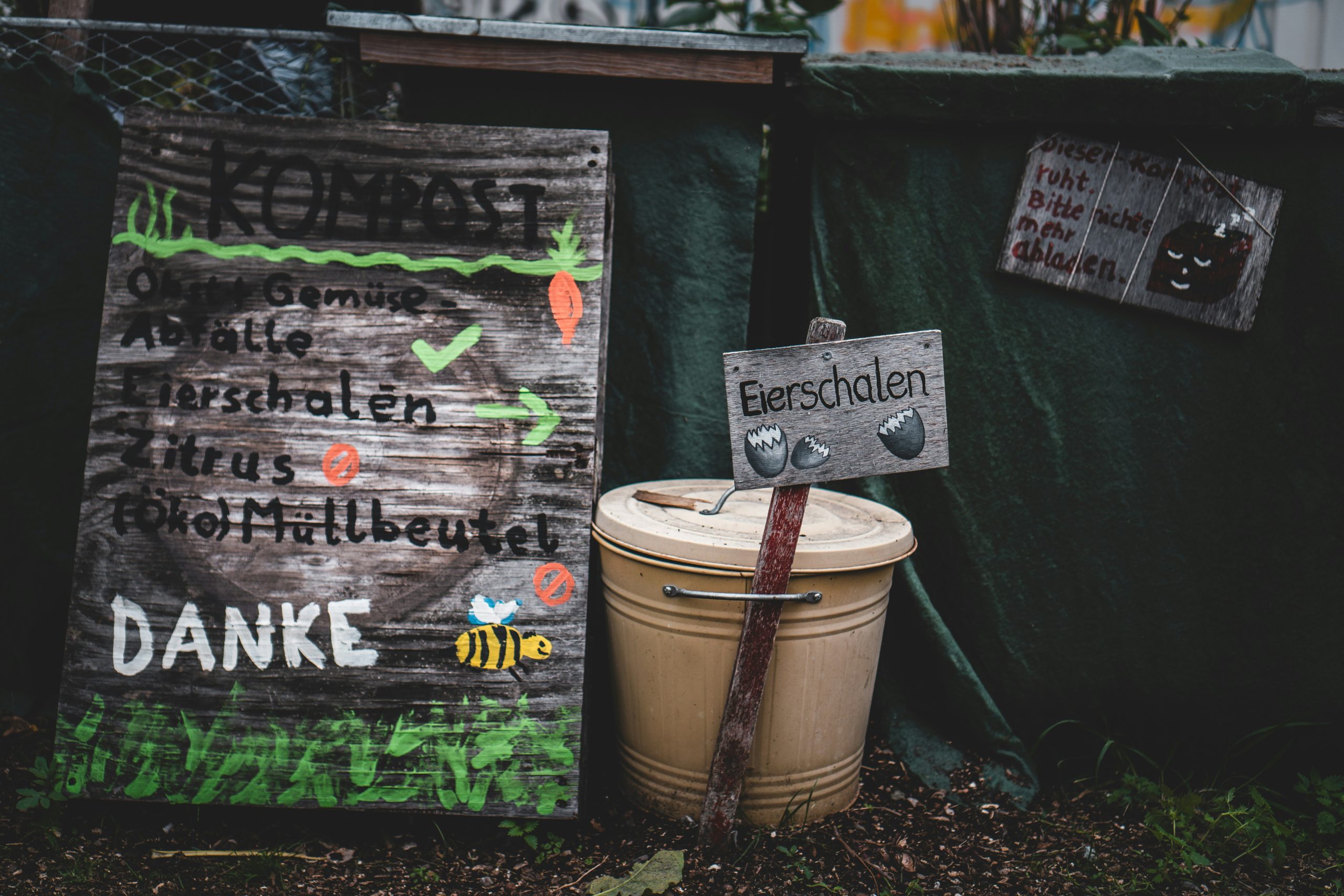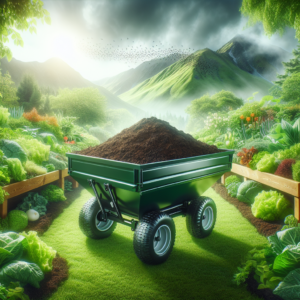Hey there, fellow composters! In our latest article, “Can I Compost Milk And Cheese?”, we dive into the curious world of composting dairy products. While milk and cheese might seem like obvious candidates for the compost heap, their unique properties and potential issues require a closer look. Join us as we explore the ins and outs of adding these items to our compost bins, offering tips and expert insights to ensure we maintain a healthy and productive composting system. Have you ever wondered, “Can I compost milk and cheese?” This is a question we’re often asked, and it’s a great one! Composting is a fantastic way to recycle organic waste and enrich our gardens. However, not all items are straightforward candidates for the compost pile, like milk and cheese. So let’s dig deeper and explore this curious topic together.
What is Composting?
Before we address the main question, let’s get a brief understanding of composting itself. Composting is the natural process of recycling organic material, such as leaves and food scraps, into a valuable soil amendment known as compost. This nutrient-rich compost is excellent for gardening and farming, as it enhances soil quality and boosts plant growth.
How Does Composting Work?
The composting process involves microorganisms like bacteria and fungi breaking down organic material. Various factors such as oxygen, moisture, temperature, and the carbon-to-nitrogen ratio influence the efficiency of this decomposition process. When these elements are balanced properly, the result is a dark, crumbly substance that we can use to nourish our plants.
Why Should We Compost?
Composting benefits both us and the environment. It reduces the amount of waste sent to landfills, decreases greenhouse gas emissions, and replenishes soil health. Additionally, by composting, we’re taking an active step toward sustainable living.
The Basic Rules of Composting
To understand if milk and cheese can be composted, we first need to cover some composting dos and don’ts. Composting generally follows a few basic principles:
Green and Brown Materials
Compost needs a balanced mix of green and brown materials. Green materials are rich in nitrogen and include items like vegetable scraps, coffee grounds, and grass clippings. Brown materials are high in carbon and consist of things like dry leaves, wood chips, and cardboard.
| Material Type | Examples | Rich In |
|---|---|---|
| Green | Fruit scraps, vegetable peels, coffee grounds, grass | Nitrogen |
| Brown | Dry leaves, twigs, cardboard, paper, wood shavings | Carbon |
Proper Balance
Keeping a proper balance between green and brown materials is crucial. Too much of one can lead to an imbalanced compost pile, which may smell bad or take a long time to decompose. Generally, a ratio of 2:1 (browns to greens) works well.
What Not to Compost
Certain items are not suitable for composting. These include meat, bones, dairy products, fats, and oils, which can attract pests and produce odors while decomposing slowly.

Can We Compost Dairy Products?
The General Rule on Dairy
Dairy products, including milk and cheese, are usually not recommended for composting. The main reasons are: – They attract pests like rodents and insects. – They produce unpleasant odors. – They decompose slowly compared to other organic materials.
These factors make it tricky to compost dairy in a traditional backyard compost bin, but that doesn’t mean it’s completely out of the question.
Exploring Milk and Cheese Separately
Let’s break down the composting potential of milk and cheese individually:
Milk
Milk is a liquid, and liquids in general can make the compost pile too wet, disrupting the balance needed for efficient decomposition. The added moisture can also lead to anaerobic conditions (lack of oxygen), resulting in foul odors.
Cheese
Cheese, on the other hand, is more solid but still contains fats and proteins that can spoil and smell bad. Like milk, cheese can attract pests and doesn’t break down as quickly as plant-based materials.
Alternatives to Composting Dairy
While dairy may not be the best candidate for your compost pile, there are alternative ways to manage this type of waste.
Bokashi Composting
One method that might work for dairy products is Bokashi composting. This is a fermentation process that involves mixing food scraps with Bokashi bran, which contains beneficial microorganisms, within an airtight container.
| Pros of Bokashi | Cons of Bokashi |
|---|---|
| Can handle dairy, meat, and other items | Requires purchase of Bokashi bran |
| Produces less smell | Needs an airtight container |
| Results in pre-compost that can be buried | Slightly more involved than traditional composting |
Digesters
Another option is using a food digester. These are specialized composting systems designed to handle a broader range of organic waste, including dairy: – They use enzymes and bacteria to break down waste. – They can be more expensive than traditional compost bins.
Feeding Animals
If you have chickens, pigs, or other animals that can safely eat dairy products, this could be a viable way to dispose of milk and cheese waste.

What Happens if We Accidentally Add Dairy to Our Compost?
Mistakes happen, and sometimes a bit of milk or cheese might end up in the compost pile. But don’t worry; a small amount isn’t likely to ruin your compost. Here are some tips to mitigate any potential issues:
Mix Well
Ensure that any dairy products are well-mixed with other compost materials, particularly browns, to keep the pile balanced.
Cover with Browns
To minimize odors and pest attraction, cover any dairy products thoroughly with brown materials.
Keep the Pile Aerated
Regularly turning your compost pile helps to maintain proper airflow and avoid anaerobic conditions.
Common Misconceptions
Misconception: Compost Heaps Always Smell
Compost piles should not smell if they’re managed correctly. Bad odors generally indicate that something is wrong, like an imbalance of green and brown materials or inadequate aeration.
Misconception: Everything Organic Belongs in the Compost
Not all organic materials are suitable for composting. Dairy, meat, and oily foods fall into this category, as they can complicate the composting process.
Misconception: Composting is Complicated
While there is a learning curve, composting can be a simple and rewarding practice once you understand the basics.

Tips for Successful Composting
Here are some tips to ensure a thriving compost pile:
Maintain the Right Balance
Aim for a 2:1 ratio of browns to greens to keep the compost pile balanced and healthy.
Turn Regularly
Turn your compost pile regularly to provide necessary aeration and speed up decomposition.
Monitor Moisture
Your compost should be as moist as a wrung-out sponge. If it’s too dry, add water or more green materials. If it’s too wet, add more browns.
Start Small
Start with a manageable amount of compostable materials and gradually add more as you gain confidence.
Conclusion
So, can we compost milk and cheese? The short answer is generally no, particularly in traditional backyard compost bins. These items can attract pests, create odors, and decompose slowly, making them challenging to manage. However, alternative methods like Bokashi composting or using food digesters can handle dairy products more effectively.
Ultimately, successful composting is about understanding what can and cannot go into your pile and finding the best methods for your situation. While dairy products may not be ideal, many other food scraps and organic materials make excellent compost and benefit our gardens and the environment.
We hope this comprehensive guide has helped you better understand the nuances of composting milk and cheese. Let’s all continue our journey toward sustainable living, one compost pile at a time!



